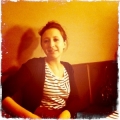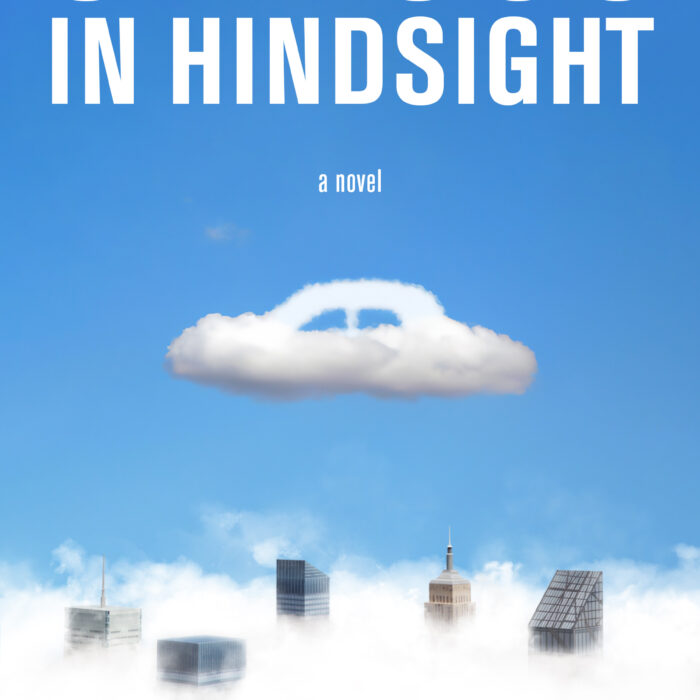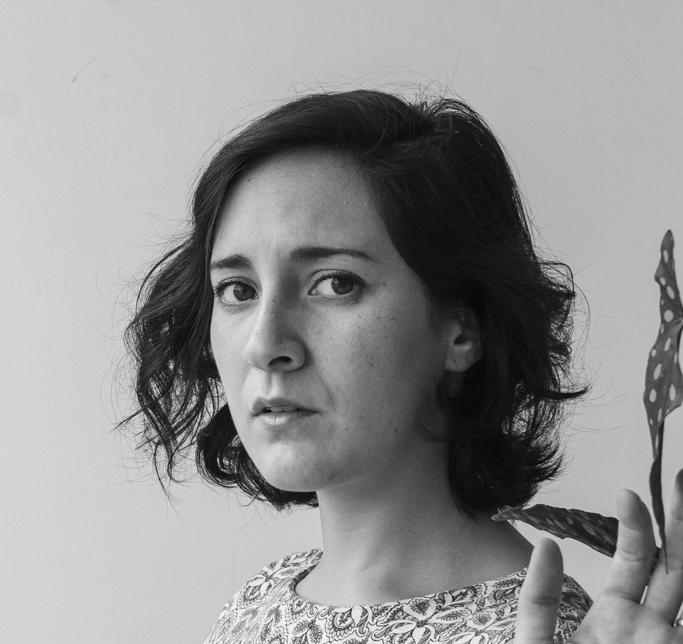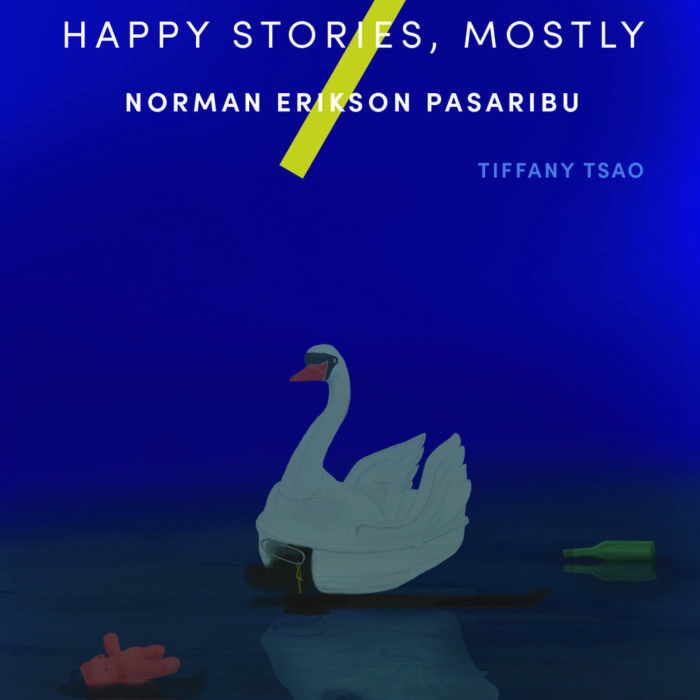You have no items in your cart. Want to get some nice things?
Go shopping
Gavin Extence’s debut novel The Universe Versus Alex Woods was published in January this year and has since been picked as one of the Waterstones 11 for 2013.
Described as “one of the year’s most anticipated debuts” by TimeOut, it’s is a heartwarming story of friendship, morality and humanity, with an unforgettable 17-year-old at its centre. Drawing on the writings of Kurt Vonnegut and John Irving, Gavin blends humour and tragedy to take us to life’s darkest moments – and show us the light.
As part of Litro‘s New Voices series of interviews with newly published authors, Bella Whittington talks to Gavin about teenage narrators, why authors need to be market-savvy, and the surprises along the road to publication.

The first time we meet Alex Woods, he has an urn full of ashes and a stash of marijuana in his car. It’s a pretty bold beginning to a novel that goes on to address some tricky themes, not least assisted suicide. Did you have this dramatic opening in mind when you first conceived the novel?
By the time I started the book, I did, yes. It wasn’t the first thing I had in mind when I was plotting out the book, though – I had Alex’s voice very early on and Alex’s character followed from that. But I actually wrote the opening scene as a hook to attract an agent and a publisher, so it was a really useful focus. As soon as I hit upon the idea of starting almost at the end and working backwards, I could see how the whole structure of the book would work.
The hook obviously worked! It’s interesting that you were thinking about how to attract an agent and publisher so early on. Was publication always your goal?
Yes, it was. I knew writing would be a fairly serious hobby if nothing else, but I’d always hoped to get published. I read a lot of stuff on the internet about commissioning and how the whole publishing process works, which was a really valuable thing to do. I understood that you’ve got to make a pretty quick impact, especially when you’re dealing with agents who receive 10 or 20 manuscripts a day.
So, did you never consider self-publishing?
No, I wouldn’t have self-published. I wouldn’t have had the confidence to do it – I need affirmation from someone else! And while there is self-published writing that does very well, that gets picked up and works, I still think it’s most aspiring authors’ ambition to be traditionally published.
Alex is such a memorable character, somewhere between child and adult, naïve and intelligent. Was his age a key factor?
Yes, absolutely. He had to be 17. That was what I always had in my head. He’s 18 by the end of the book, and I wanted him to be right on the cusp of adulthood at the point of narrating it, even though most of the story takes part as he’s going through adolescence. I’m a big fan of teenage narrators, too – I like what you can do in terms of exploring the large, adult ideas that most of us start to think about in adolescence. I think you can deal with very weighty things without them ever becoming overblown or pretentious, and that was really what attracted me to Alex as a 17-year-old narrator. I found Kurt Vonnegut a really useful springboard for talking about these kinds of things. I had the idea of a cross-generational friendship from early on, and Kurt Vonnegut became a part of that, because he is someone who can bridge the gap between young adults and older generations.
There’s a lot of humour in the book, but also a lot of darkness. Did you find it tricky to balance these two elements?
There were lots of tricky things about the book, but that wasn’t one of them. I always knew what the tone had to be and I wouldn’t have wanted to write a book that was bleak and black. A lot of writers I really love, like Kurt Vonnegut and John Irving, do tragicomedy really well – and that was basically my aspiration: to write the kind of book I like to read. Humour was a big part of that, but humour is also quite true to life. As humans, we can deal with tragedy by laughing or crying – they’re both equally valid responses.
So: you had your manuscript ready, you knew you wanted to be published traditionally… and suddenly Hodder & Stoughton pre-empted the world rights. Did you ever expect such a rapid response from publishers?
No, I didn’t. I had very modest ambitions. From my research, I knew how hard it is to get published, and how many manuscripts there are floating around, and this set me up to not except too much. The general message out there is that very few books get published and that, of those, very few will make any money. So, just getting published was my first ambition. Things went much better than I really could have hoped! It’s strange, though, as a debut writer – you have to have a mixture of realism and idealism. I don’t think anyone would undertake writing without that I-could-really-make-this-work element. It’s an odd double-think situation: you’re expecting the worst but there’s a small part of you hoping for the best.
By the sounds of it, you really did your research about getting published. Would “research” be your main piece of advice for other aspiring writers?
It’d certainly be high up on my list of advice. That and “practise a lot”. Practise is invaluable. I spent a year or so writing without really getting anywhere. During that time, I also researched publishing quite thoroughly. You need to know how the process works and how tough it is out there, but you then have to put it right to the back of your mind because it’s quite a daunting thing to research.
Once your novel had been acquired, how did you find the publishing process? What was it like being edited?
So far, it’s been a lovely, lovely experience. The editing didn’t take long at all. There was very little change from the advance copy, which was more or less the manuscript as I submitted it. The changes have been minimal – some sections have been tidied up and shortened and a few bits have been tinkered with. There have been very few significant changes, really.
Did you ever worry that by dealing with such controversial ideas, you might deter some publishers? Or that they might want to dilute some of the issues?
No, I don’t think that would have been an issue with UK publishers. I also didn’t intend to write something topical in the first place – I genuinely started with the characters and developed the story from there. I suppose the surprise for me was that it got picked up as a crossover. I conceived it as an adult book, but it’s been marketed as 14-plus. I’m really pleased with that, but because of the darkness of some of the material, that was a bit of a surprise for me.
Even before your novel was published, it received a lot of attention. Has the whole experience been a wonderful rollercoaster, or have you felt a certain pressure for it to perform well?
It has been amazing. I think it’s exceeded my expectations in almost every area. Also, a lot of what’s happened in terms of the Waterstones 11 and the buzz around the book has come from my publishers. They’ve been so behind the book, and so many people have been so enthusiastic, and I think that’s quite infectious. Inevitably, though, the pressure is on for Book Two! The wonderful thing about debut novelists is that there’s no pressure, no expectations – you have the freedom to do what you want. I don’t feel any pressure with The Universe of Alex Woods – it’s out of my hands now!
I’ve also heard rumours of a film… You have a PhD in Film Studies, did you write this book with cinematic appeal in mind?
Not at all, getting published was a big enough mountain to climb! The film rumour was strange. At the beginning it was just a rumour, but there has subsequently been interest, which I think the original rumour generated – a kind of self-fulfilling prophecy. Even so, it’s in very early stages. And it’s certainly not anything that I had considered… except only as an idle, late-at-night-before-falling-asleep fantasy. It wasn’t something I realistically expected and I’m still quite cautiously thinking, “Well, we’ll see what happens.”
One of my favourite aspects of the book is how in control of the narrative Alex is – he’s telling his story and the end is very much the end. Is this the last we’ll see of Alex, or might you revisit his story in a sequel?
It was always conceived as a standalone story, so there are no plans to revisit it in that way. Sometimes it is good to know when to leave something alone! I’m really pleased with how it’s turned out, and there’s always a danger you can take away some of that with unnecessary sequels. The only way I can envisage revisiting it is if there was a screenplay potential. Otherwise, that’s it for Alex. I’ll let him get on with his life without me now.
The Universe of Alex Woods is out now from Hodder & Stoughton in hardback and ebook.

Bella Whittington
Bella Whittington reads and reviews a bit of everything, but is particularly interested in literary fiction, translations and short stories. After living in Spain for a year, she now works as an assistant editor for Transworld Publishers in London. She has also contributed to Thresholds, the University of Chichester's international short story forum, and the Harker.





Litro interviews Gavin Extence on his debut novel The Universe Versus Alex Woods http://t.co/FZ3s7Lw6